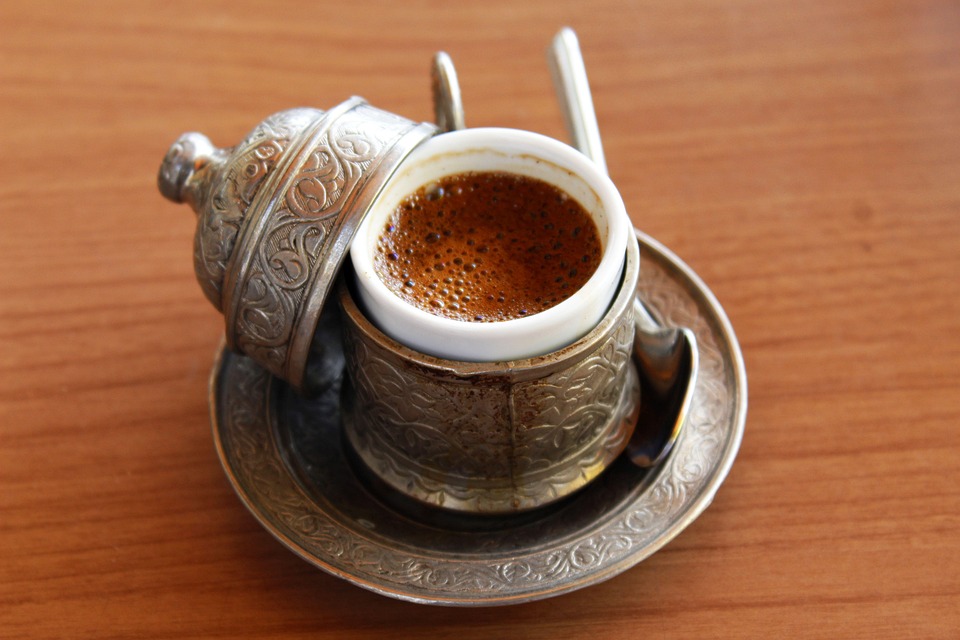Located on the stunning island of Flores, Indonesia, the Bajawa region is renowned for its rich volcanic soil and ideal climate, making it a hidden gem in the world of specialty coffee. As coffee lovers increasingly seek unique and flavorful brews, Flores coffee stands out with its distinctive flavors and aromas, offering a sensory adventure that reflects the diverse landscape and rich culture of the region.
A Taste of Flores Coffee History
Coffee cultivation in Flores dates back to Dutch colonial times when the island was part of the Indonesian coffee-producing regions. However, it wasn’t until recently that Flores coffee gained recognition on the global stage. Growers in Bajawa, situated at an elevation of 1,200 to 1,600 meters, cultivate Arabica coffee on small family-owned farms, ensuring sustainable practices and preserving the land’s integrity.
The Unique Flavors of Bajawa Coffee
What makes Bajawa coffee so special is its unique flavor profile, which is shaped by various factors including the altitude, climate, and the processing methods employed by farmers. The coffee often exhibits a vibrant acidity, full body, and complex flavors ranging from fruity notes of cherry and citrus to earthy undertones.
1. Terroir and Flavor Influence
The concept of “terroir” plays a crucial role in the flavor profile of Flores coffee. The volcanic soil is rich in minerals, which contribute to the coffee’s nuanced taste. The altitude allows for a slow maturation of coffee cherries, resulting in denser beans with concentrated flavors. The region’s microclimates further influence the flavor, as different areas may produce coffee with distinct characteristics, offering a variety of options for coffee enthusiasts.
2. Processing Methods
Farmers in Bajawa utilize traditional processing methods, often employing both wet and dry methods to enhance flavor. The wet processing technique helps preserve the coffee’s brightness, while the dry method can impart a sweeter and more complex flavor profile. This diversity allows consumers to experience a wide range of tastes, making Bajawa coffee a versatile choice for various brewing methods.
Sustainable Practices and Community Impact
The coffee industry in Bajawa thrives on sustainable practices. Many farmers prioritize organic farming techniques, avoiding harmful pesticides and fertilizers. This commitment to sustainability not only enhances the quality of the coffee but also promotes biodiversity in the region. Additionally, cooperatives are formed to empower local farmers, allowing them to share resources, obtain fair prices, and build community support.
How to Brew the Perfect Cup of Flores Coffee
To truly savor the unique flavors of Bajawa coffee, brewing methods play a significant role. Here are some popular methods that can bring out the best in this delightful coffee:
1. Pour-Over
The pour-over method emphasizes clarity and brightness. Start with freshly ground coffee, using a ratio of 1:15 (coffee to water). Use water at about 90-95°C (194-203°F) and pour over in a circular motion for an evenly extracted brew.
2. French Press
The French press allows for a fuller body and richer flavors. Use coarsely ground coffee with a 1:12 ratio. Steep for about 4 minutes before pressing down the plunger to get a robust cup that showcases the coffee’s complexity.
3. Espresso
For espresso enthusiasts, Bajawa coffee can provide a unique base for lattes and other specialty drinks. It offers rich crema and captivating flavors when pulled properly. A finely ground coffee with a 1:2 ratio will work well for a double shot.
Where to Buy Bajawa Coffee
With the advent of specialty coffee shops and online retailers, purchasing Bajawa coffee has never been easier. Many local roasters now carry this unique product, and you can often find direct trade options that support local farmers. For a comprehensive overview of Indonesian specialty coffee, including Bajawa, check out this article.
The Future of Bajawa Coffee
As coffee enthusiasts continue to explore unique flavors from around the world, the future of Bajawa coffee looks promising. With a focus on sustainability and quality, the region is poised to become a key player in the specialty coffee market. Increased awareness and demand for unique coffee experiences will propel Bajawa coffee into the limelight, showcasing the extraordinary flavors that Flores has to offer.
Conclusion
In conclusion, Bajawa coffee represents more than just a beverage; it embodies the rich culture, history, and sustainable practices of the Flores region. Its unique flavor profile offers coffee lovers an unforgettable experience. As the interest in high-quality and unique coffee continues to rise, Bajawa coffee has the potential to make a significant impact on the global coffee landscape, bringing the exquisite tastes of Flores into homes and cafés around the world.
FAQs
1. What makes Flores coffee unique?
Flores coffee is unique due to its rich volcanic soil, high altitudes, and diverse processing methods, which contribute to its distinctive flavor profile. The coffee often features vibrant acidity and complex flavors ranging from fruity to earthy.
2. How should I store my Bajawa coffee?
To maintain freshness, store Bajawa coffee in an airtight container away from light, heat, and moisture. It’s best consumed within a few weeks of roasting for optimal flavor.
3. Can I brew Bajawa coffee using different methods?
Absolutely! Bajawa coffee can be enjoyed using various brewing methods, including pour-over, French press, and espresso. Each method highlights different aspects of the coffee’s flavors.
4. Where can I find Bajawa coffee?
Bajawa coffee can be found in specialty coffee shops, local roasters, and online retailers. Seeking out direct trade options often supports local farmers and ensures quality.
5. Is Bajawa coffee organic?
Many farmers in the Bajawa region practice organic farming, though it’s important to check labels or inquire about specific brands to ensure the coffee is certified organic.





